Email: [email protected]

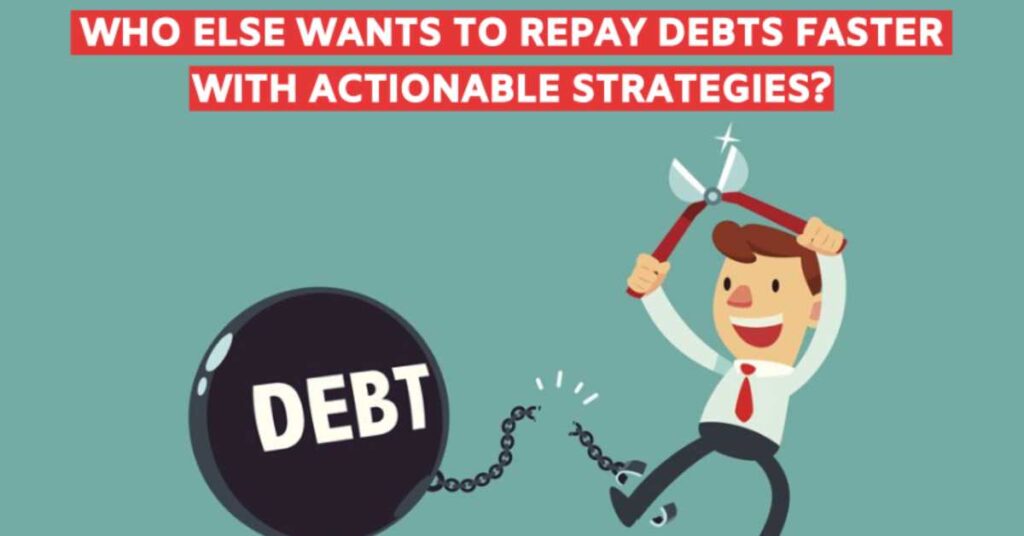
Reducing unnecessary expenses is crucial for debt repayment. Identify areas where you can cut back, such as dining out, subscription services, or entertainment. Use the 50/30/20 budget rule to guide your spending: 50% for necessities, 30% for discretionary spending, and 20% for saving and debt repayment.
Cut expenses by cooking at home, canceling unused subscriptions, and finding free alternatives for entertainment. Use the extra money to tackle your debt. Remember, small changes add up over time. By cutting expenses, you’ll free up more money in your budget to attack your debt and achieve financial freedom.
Boosting your income can put more money towards debt repayment. Explore ways to increase your earnings, such as taking on a side hustle, asking for a raise at work, or selling unwanted items. Consider freelancing, dog walking, or tutoring to supplement your income.
Use the extra funds specifically for debt repayment, and avoid diverting them to other expenses. Even an additional £100-£200 per month can make a significant impact on your debt repayment journey. Be creative and proactive in finding ways to increase your income and accelerate your path to financial freedom.
Snowflaking involves making small, extra payments towards your debt throughout the month. These ‘snowflakes’ may seem insignificant, but they add up over time. Apply any spare change, £5-£10, or unexpected windfalls towards your debt. Use unexpected sources like selling items online, receiving a tax refund, or earning overtime pay.
Snowflaking helps build momentum, reduces principal balances, and saves interest. Make it a habit to regularly apply these small payments, and watch your debt melt away. Every little bit counts, and snowflaking can make a surprising difference in your debt repayment journey.
Reach out to your creditors to negotiate lower interest rates, waived fees, or settlements. Be honest about your financial situation and provide proof of hardship if necessary. Creditors may be willing to work with you to avoid default or collections. Ask about temporary hardship programs, interest rate reductions, or lump-sum settlements.
Be prepared to make a solid case for why you need assistance, and be respectful and professional in your communication. Successful negotiations can save you money and help you pay off debt faster, so don’t hesitate to reach out to your creditors.
Paying off debt can be a long and challenging journey, so it’s essential to stay motivated. Celebrate small victories along the way, like paying off a credit card or reaching a milestone. Share your goals with a trusted friend or family member to increase accountability.
Remind yourself why you’re working to become debt-free, whether it’s to reduce stress, improve your credit score, or achieve financial independence. Visualize your debt-free future and let that motivate you to keep pushing forward. Stay positive, stay focused, and you’ll be debt-free in no time.

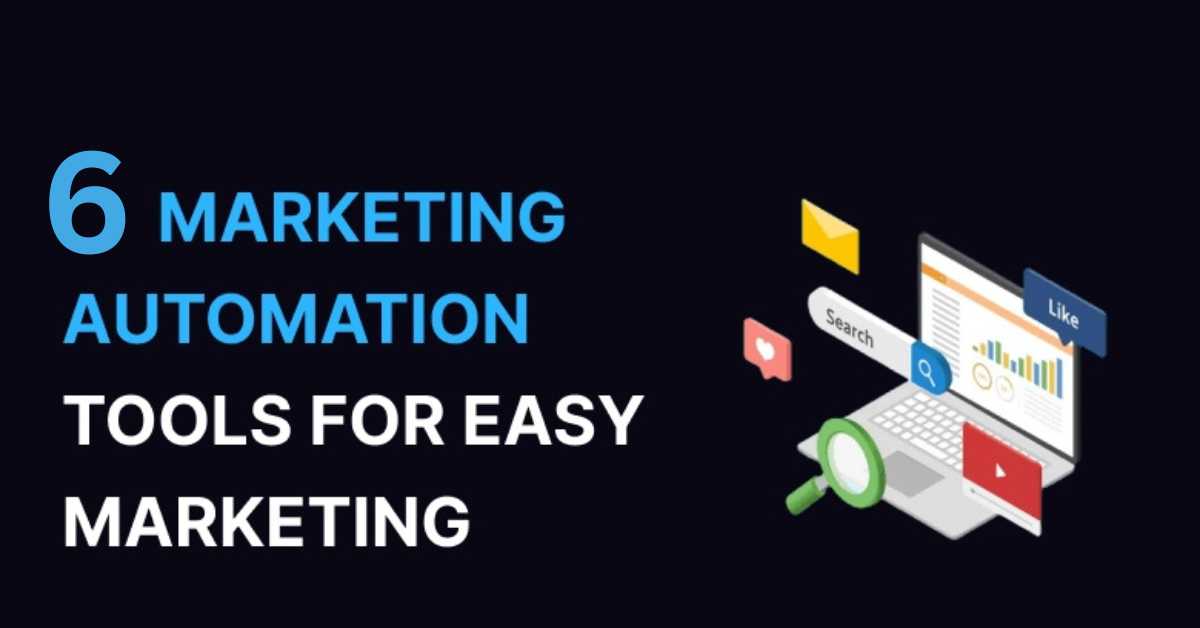
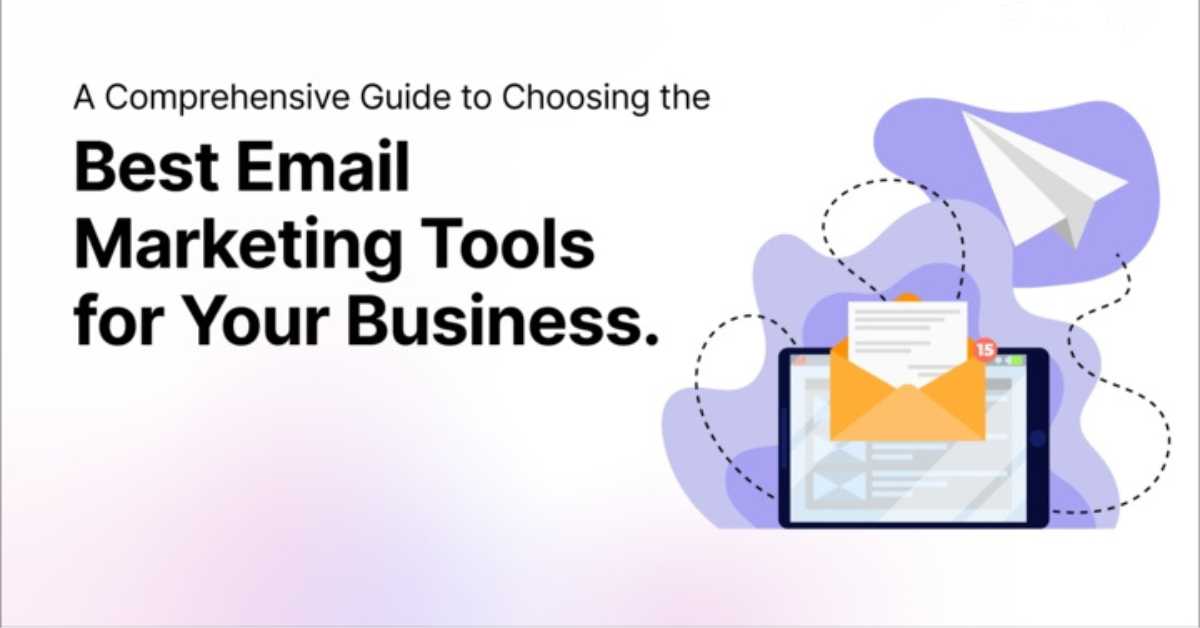



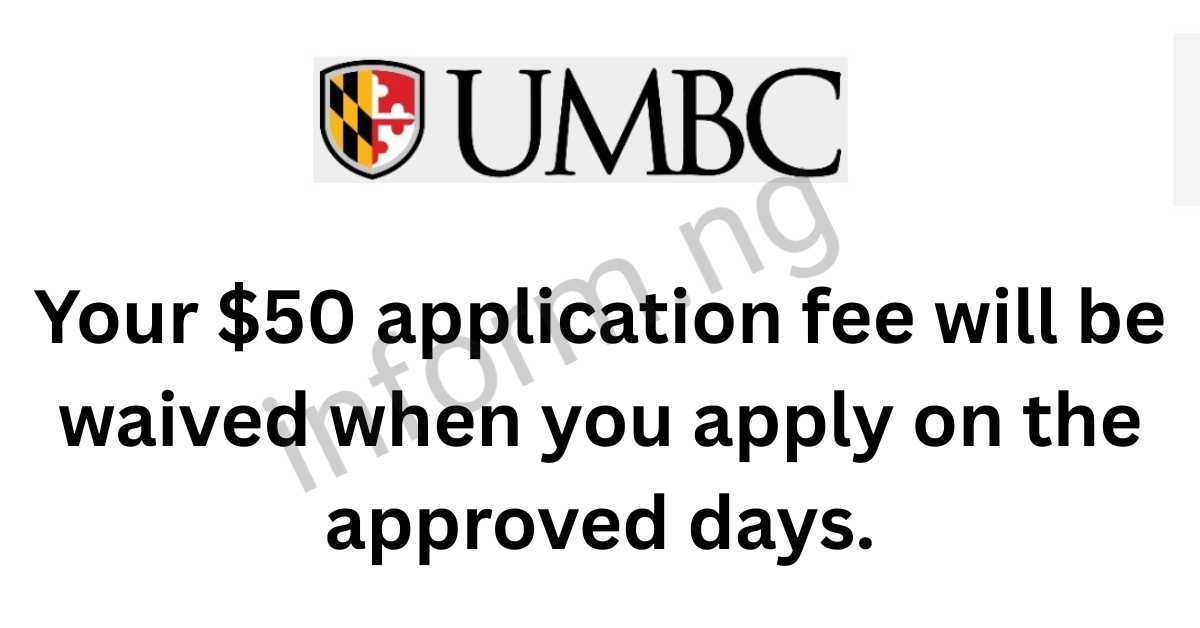
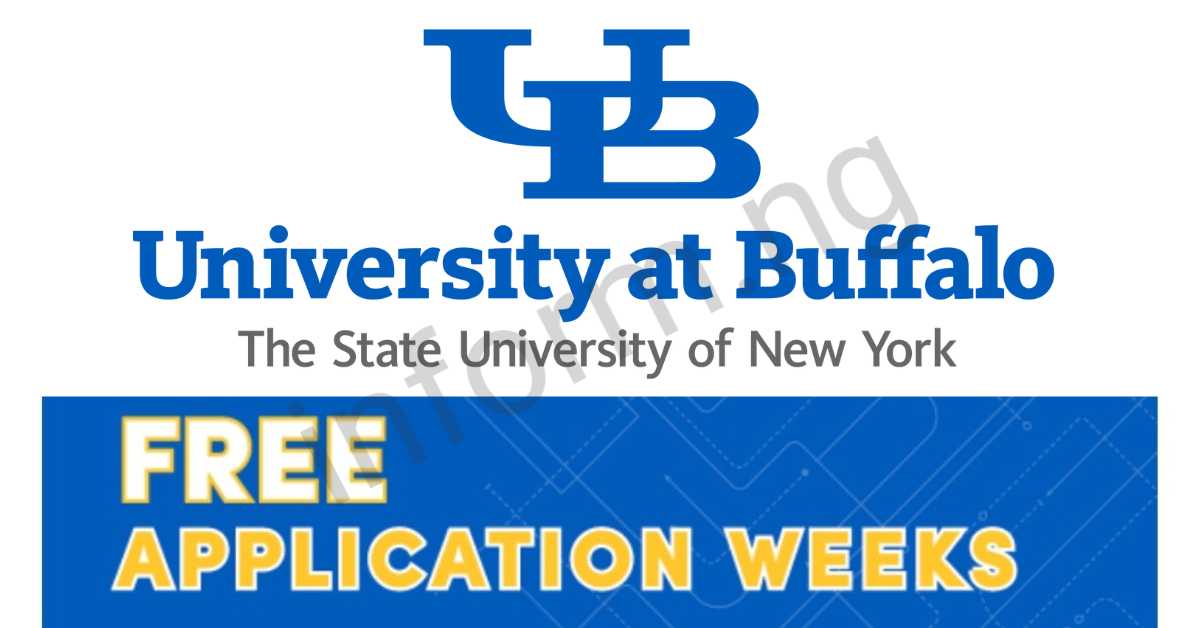
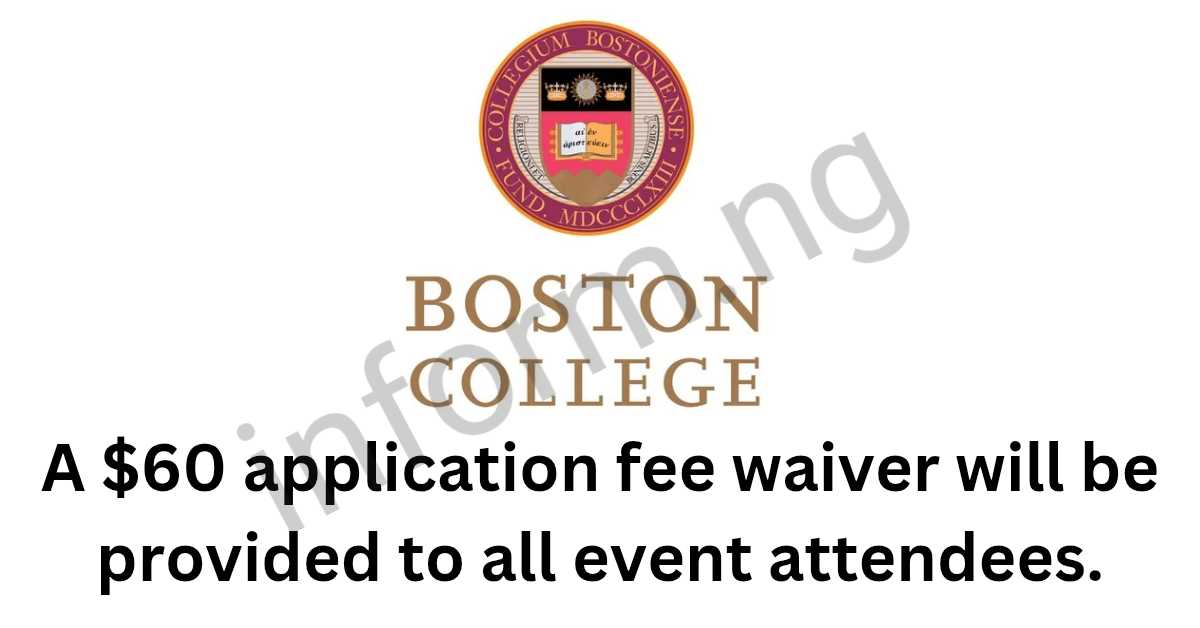
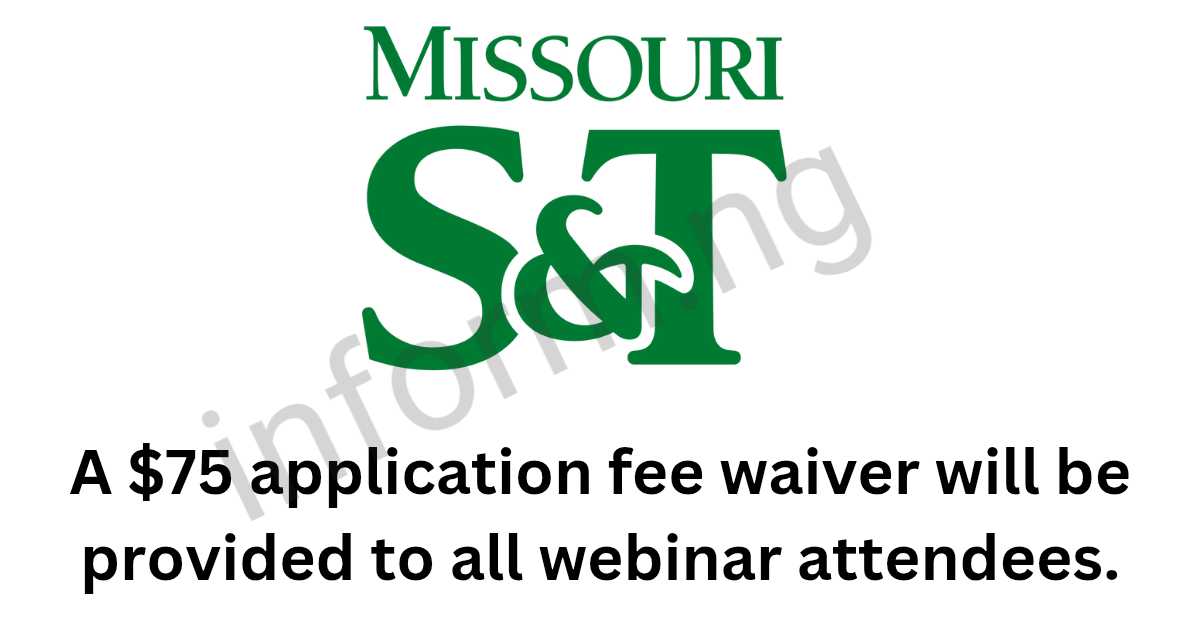
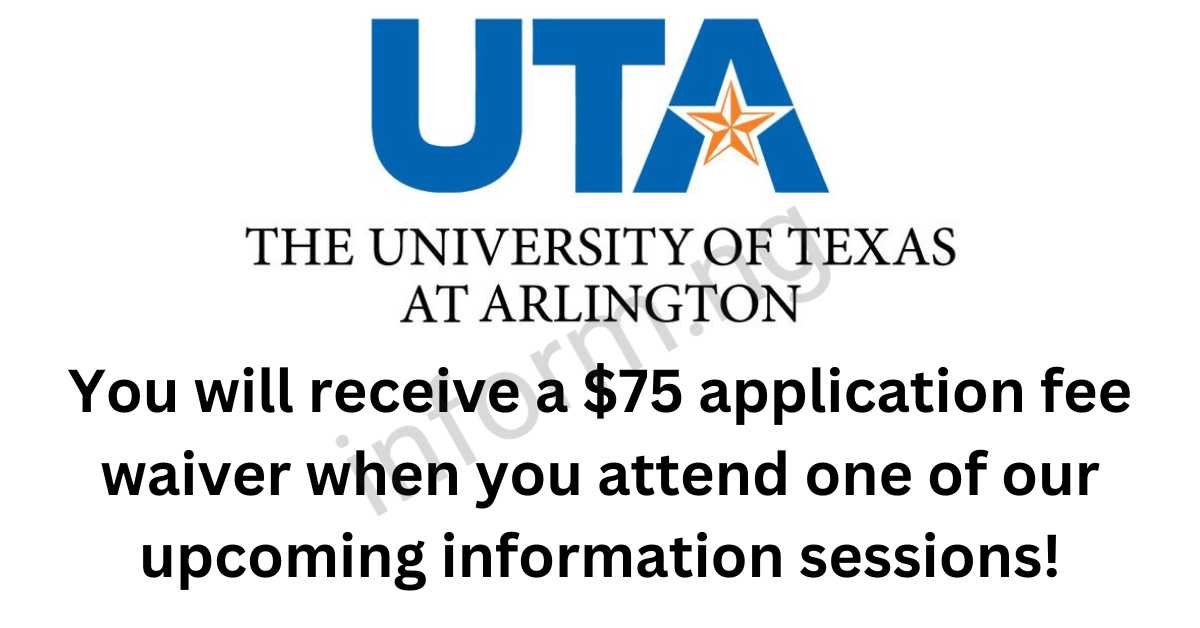
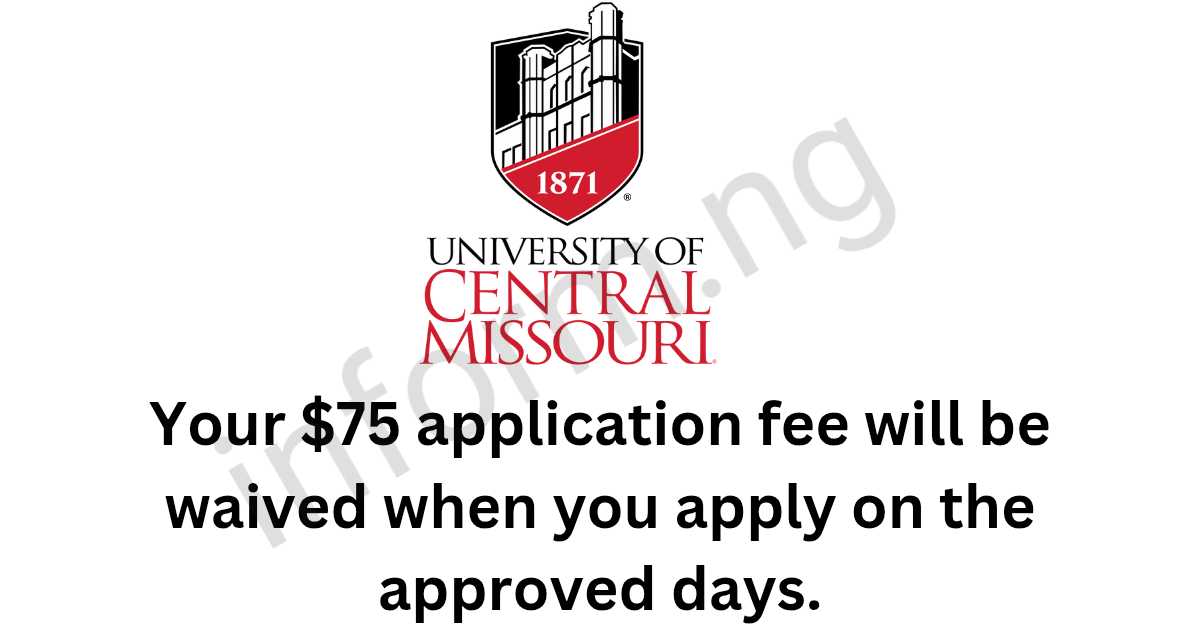
To provide the best experiences, we and our partners use technologies like cookies to store and/or access device information. Consenting to these technologies will allow us and our partners to process personal data such as browsing behavior or unique IDs on this site and show (non-) personalized ads. Not consenting or withdrawing consent, may adversely affect certain features and functions.
Click below to consent to the above or make granular choices. Your choices will be applied to this site only. You can change your settings at any time, including withdrawing your consent, by using the toggles on the Cookie Policy, or by clicking on the manage consent button at the bottom of the screen.
